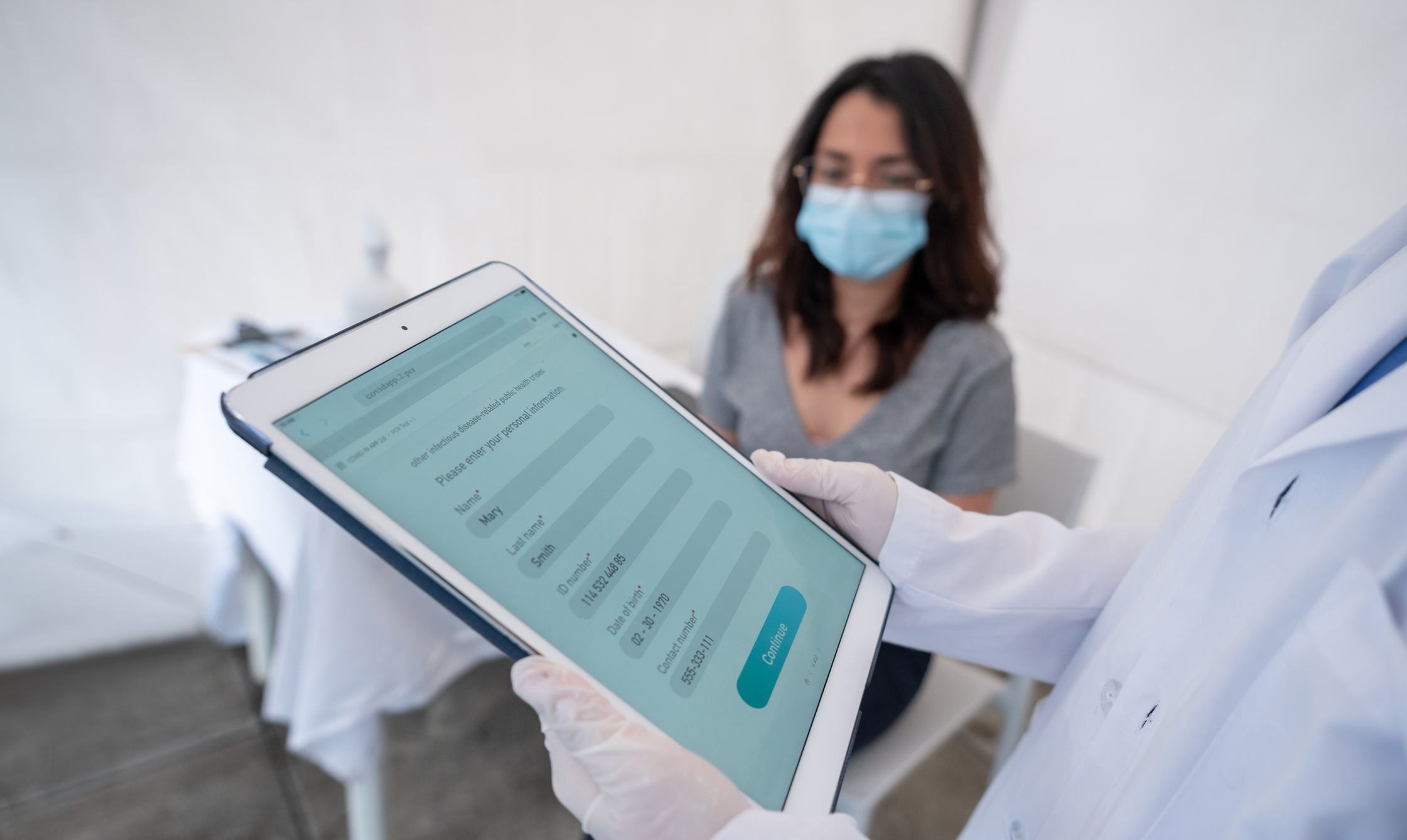
by Maureen Donohue
Every day, millions of people are being vaccinated against COVID-19. For this effort to succeed, states need to collect personal health data in individual immunization registries. This data is essential for monitoring vaccination progress, reporting adverse reactions, comparing vaccine efficacy in cross-sections of the population and keeping track of who needs second doses.
While state agencies are bound by state and federal data protection laws to protect against the disclosure of identifiable immunization data by covered entities, there are some exceptions. For instance, the Health Insurance Portability and Accountability Act (HIPAA) contains numerous exceptions to ensure public health and safety. In the case of the COVID-19 pandemic, some HIPPA restrictions have been waived to support the collection of de-identified data for use in research, analysis, and development.
For the most part, the data sharing does not include personally identifiable information (PII). However, here are some precautions you can take to protect your PII during a pandemic:
- DON’T share your vaccination card on social media. Frequently, these cards disclose more information than you may realize, which an identity thief or other bad actor can use to build a profile of you and your loved ones.
- DON’T share pictures of your vaccination status.
- DO check all information for accuracy and relevance.
- IF vaccine passports become more prevalent, DO carefully consider whether you are comfortable having that information on your smartphone being shared with other applications.
Above all, stay safe!
DON’T share your vaccination card on social media. Frequently, these cards disclose more information than you may realize, which an identity thief or other bad actor can use to build a profile of you and your loved ones